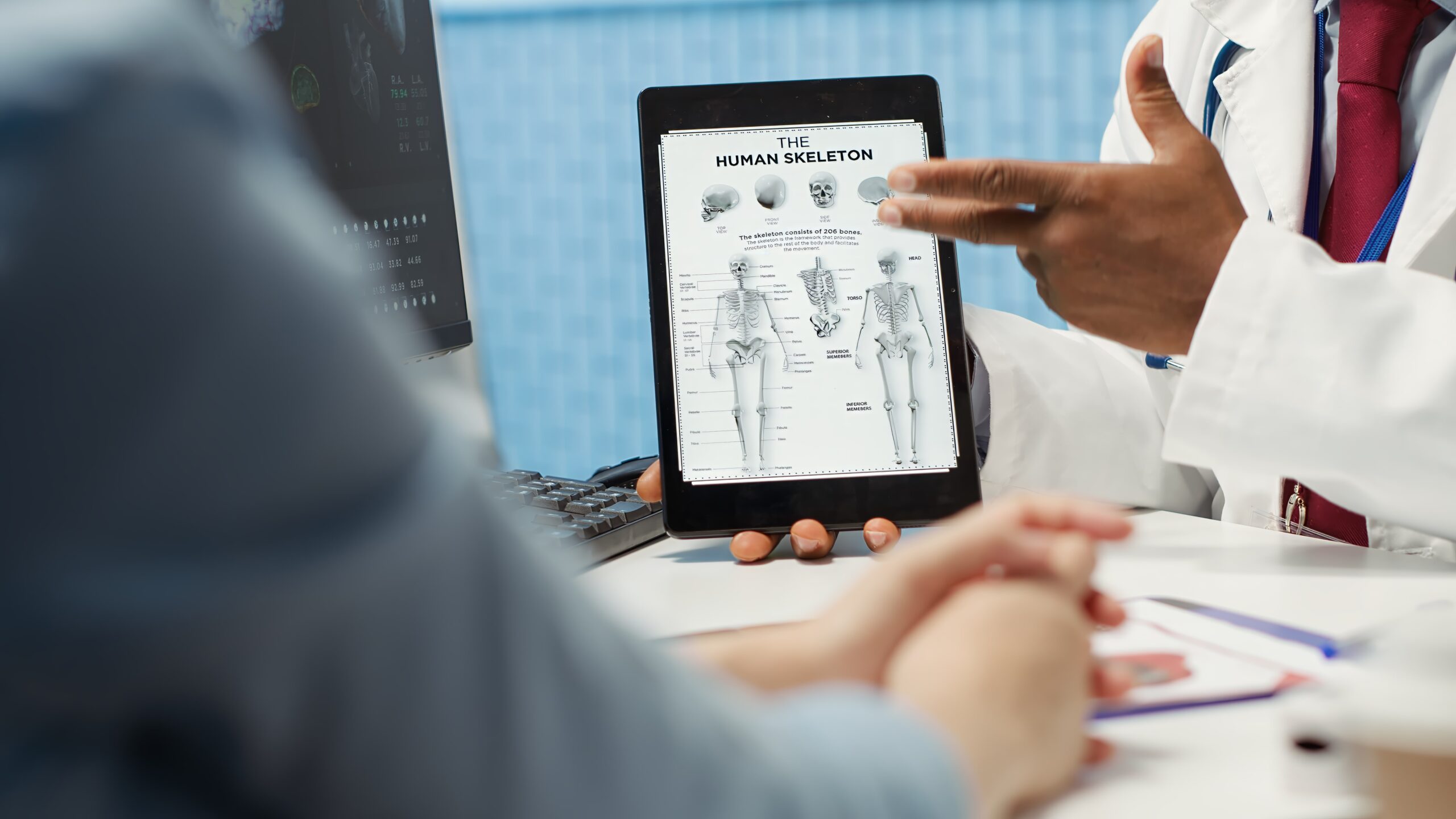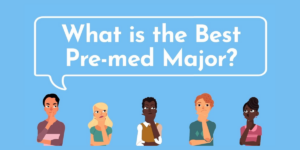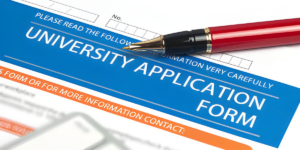Choosing the right MD program is one of the most important decisions you’ll make in your medical career. Your school’s accreditation, curriculum design, clinical training model, and learning environment shape not only your medical education but also your readiness for licensing exams, clinical practice, and residency.
For international students, especially those exploring medical education outside the U.S. and Canada, Caribbean medical schools offer a compelling path to becoming a physician. But not all MD programs are equal. The best Caribbean medical schools provide accredited MD programs, strong academic support, U.S.-based clinical opportunities, and excellent student outcomes.
In this blog, we’ll explore what to look for in an MD program and show how the WUSOM School of Medicine aligns with these standards to deliver a clear, supportive, and cost-effective path to becoming a competent, confident physician.
Factors to Look for in an MD Program
1. Accreditation & Recognition
Before considering curriculum, campus life, or clinical rotations, the first filter is accreditation. Accreditation determines your eligibility for major licensing gateways, including USMLE exams, ECFMG certification, and participation in the residency match. Before applying to a Caribbean medical school, confirm that the school is accredited by CAAM-HP and recognized by the accrediting agency, the World Federation of Medical Education (WFME).
WUSOM is fully accredited by CAAM-HP, which ensures the program meets rigorous, internationally aligned standards and supports eligibility for licensure pathways in the U.S., Canada, and other regions. This accreditation is a cornerstone of WUSOM’s value; it provides the peace of mind that your investment is backed by recognized quality.
2. Curriculum Quality
A strong MD curriculum does more than deliver lectures; it provides structure, skill-building, and ongoing assessment that prepare you for real-world clinical work and licensing exams. A strong MD Curriculum includes:
- A systems-based basic sciences program
- Early training in clinical skills (communication, physical exams, note-writing)
- Use of NBME-style assessments to build exam familiarity
- A dedicated review phase for USMLE Step 1
- Access to tutoring, faculty support, and professional learning tools
WUSOM’s curriculum is designed for mastery and measurable progress. This U.S.-based curriculum prioritizes readiness, not just completion, ensuring students approach Step 1 with confidence. The curriculum includes:
- 5 Semesters of basic sciences on the St. Kitts campus
- Hands-on labs, simulation, and early clinical skills development
- U.S.-based Integrated Systems Review, a faculty-led, comprehensive Step 1 prep program
- Access to practice exams, coaching, and individualized study plans
3. Clinical Rotations
Clinical training plays a vital role in shaping your growth as a future physician. The best medical schools in St. Kitts provide well-organized, U.S.-based rotations designed to ensure a seamless learning experience. When choosing the right MD program, go for the school affiliated with strong teaching hospitals in the U.S.
WUSOM has established partnerships with globally recognized university hospital systems, which allow its students to gain extensive clinical exposure. These affiliations provide real-world medical experience in diverse healthcare settings, helping students develop practical skills, work with a wide range of patients, and learn from experienced clinicians. This hands-on training prepares students for residency and strengthens their clinical competence.
4. Student Support, Class Size, and School Culture
The size of your class significantly impacts the level of personal attention you receive, the accessibility of faculty, the quality of feedback, and your overall well-being as a student. When selecting an MD program, prioritize schools that offer small class sizes and meaningful opportunities for faculty interaction.
Proactive academic advising, easy access to professors, strong wellness support, and early intervention systems are all valuable features that contribute to a successful and supportive medical school experience.
WUSOM’s supportive and collaborative culture emphasizes individual attention and a close-knit academic community. With an 8:1 student-to-faculty ratio, professors can know students personally and closely monitor their academic progress.
Faculty maintain open-door office hours, offer small-group reviews, and provide ongoing mentoring that supports continuous growth. This culture empowers students to seek help early and receive the guidance they need without hesitation.
5. Residency Preparation & Match
Your goal isn’t just completing an MD program; it’s matching into a residency program that aligns with your career goals. Strong residency preparation begins early and continues throughout your medical education. Effective MD programs provide career advising from the beginning of the basic sciences, ensuring students understand specialty options and requirements from the start.
When comparing programs, look for consistently strong match rates over several years, a wide variety of specialties that graduates enter, and residency placements in competitive locations. These factors reflect the school’s overall support, reputation, and ability to help students achieve their career goals.
WUSOM is famous for its impressive 96% all-time residency placement rate, thanks to stable clinical placements, structured advising, and strong exam preparation. Career coaching begins as early as Term 1 and becomes even more focused during the clinical years, ensuring students are fully prepared to craft a strong, competitive residency application.
6. Cost, Value, and Total Investment
When comparing Caribbean medical schools, cost isn’t just tuition; it’s the total cost from start to graduation. Several factors affect the overall cost, including tuition and fees, and the cost of living on the island. Relocation expenses for clinical rotations can also add up, especially if there are gaps between rotations that extend living costs.
Additionally, exam preparation resources such as Qbanks, NBME tests, and OSCE labs contribute to the total investment. Scholarships and other forms of financial support can help offset these expenses and improve the overall value of your education.
WUSOM is recognized as one of the most affordable Caribbean medical schools, largely due to its low tuition fees. Beyond tuition, the school’s scholarships and financial aid programs help students manage costs, make medical education more accessible, and focus on their studies without unnecessary financial stress.
Why WUSOM Aligns with Your Goals, Budget, and Future as a Physician
After evaluating the essential components of a top-tier MD program, WUSOM stands out because it combines:
- Accreditation you can trust (CAAM-HP)
- U.S.-based curriculum
- Clinical rotations in the U.S. and Canada
- Exceptional student support and faculty access
- Strong multi-year residency outcomes (96% placement)
- A cost-effective pathway without unnecessary delays
- A diverse culture committed to your growth and well-being
For students seeking an accredited MD program that respects their goals, supports their journey, and prepares them for a rewarding medical career, WUSOM offers an environment where you can truly thrive.
Take the Next Step Toward Your MD
You’ve identified what matters most in choosing a medical school. Now it’s time to explore how WUSOM can support your path from aspiring student to practicing physician. Whether you’re ready to apply or simply want guidance, WUSOM’s admissions counselors are here to help you. Reach out to an admissions counselor or begin your application today and take the next step toward the medical career you’ve been working toward.







